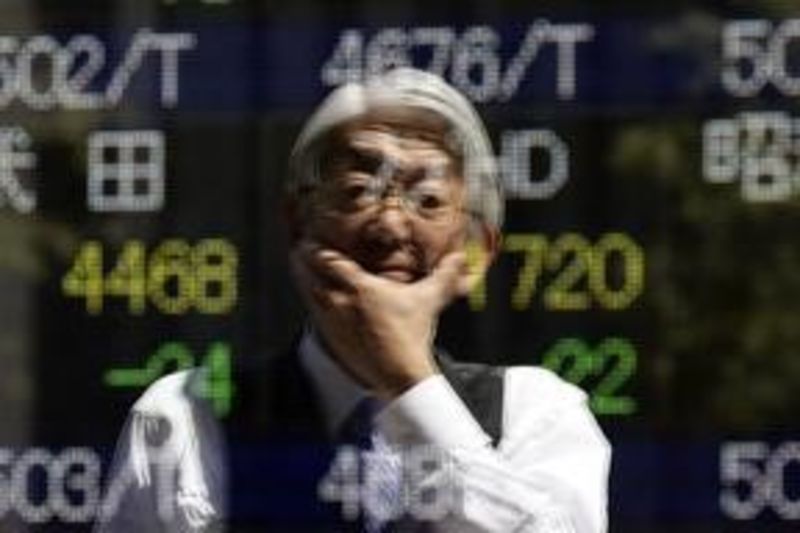Investing.com - Asian markets edged up in morning trade on Tuesday following a rally the previous day in the wake of better-than-expected Chinese manufacturing data.
China’s Shanghai Composite and the Shenzhen Component both traded 0.2% higher by 10:30 PM ET (02:30 GMT). Hong Kong’s Hang Seng Index edged up 0.1%.
Chinese stocks jumped almost 3% on Monday after surveys showed the country’s manufacturing activity unexpectedly rebounded in March.
The private Caixin PMI came in at 50.8 for March, higher than the expected 49.9, snapping three straight months of declines.
The National Bureau of Statistics reported on Sunday that the official Purchasing Managers’ Index (PMI) rose to 50.5 in March from February’s three-year low of 49.2. It was the first expansion in four months.
Japan’s Nikkei 225 was up 0.3%. Down under, Australia’s ASX 200 rose 0.4%.
South Korea’s KOSPI gained 0.2%. Although not a directional driver, the country’s headline inflation slowed to its weakest pace since July 2016 in March, Statistics Korea said on Tuesday.
The consumer price index rose 0.4% in March from a year earlier, compared to the expected 0.9% price growth.
In the U.K., the Brexit saga made headlines on Tuesday after Parliament rejected all the options to replace Prime Minister Theresa May’s unpopular deal.
While May is still trying to get her twice-rejected deal through Parliament, the legal default, for now, will be for the U.K. to leave the European Union in 11 days with no deal in place.
“The House has voted in favor of nothing. As a result in 11 days time, the U.K. will leave the EU without an agreement unless the prime minister acts,” said Labour member of Parliament Hilary Benn.
Meanwhile, U.S.-China trade talks will resume when Vice Premier Liu He leads a delegation to Washington later this week. High-level officials from both sides, including He, U.S. Treasury Secretary Steven Mnuchin and Trade Representative Robert Lighthizer, concluded the latest round of trade discussions last week in Beijing. It was reported following the meetings that it could take “weeks, or even months” before China and the U.S. could reach a trade deal.
